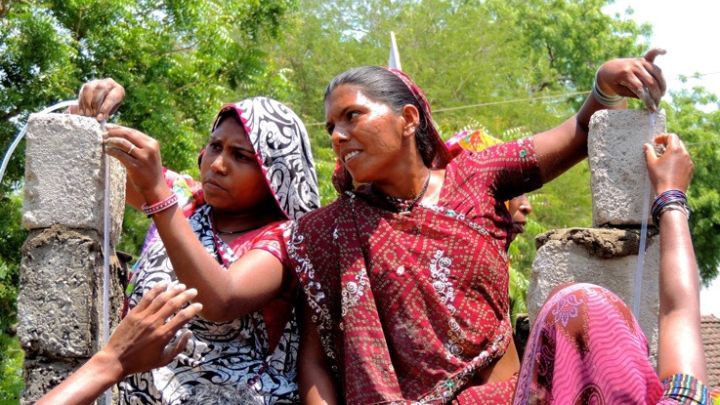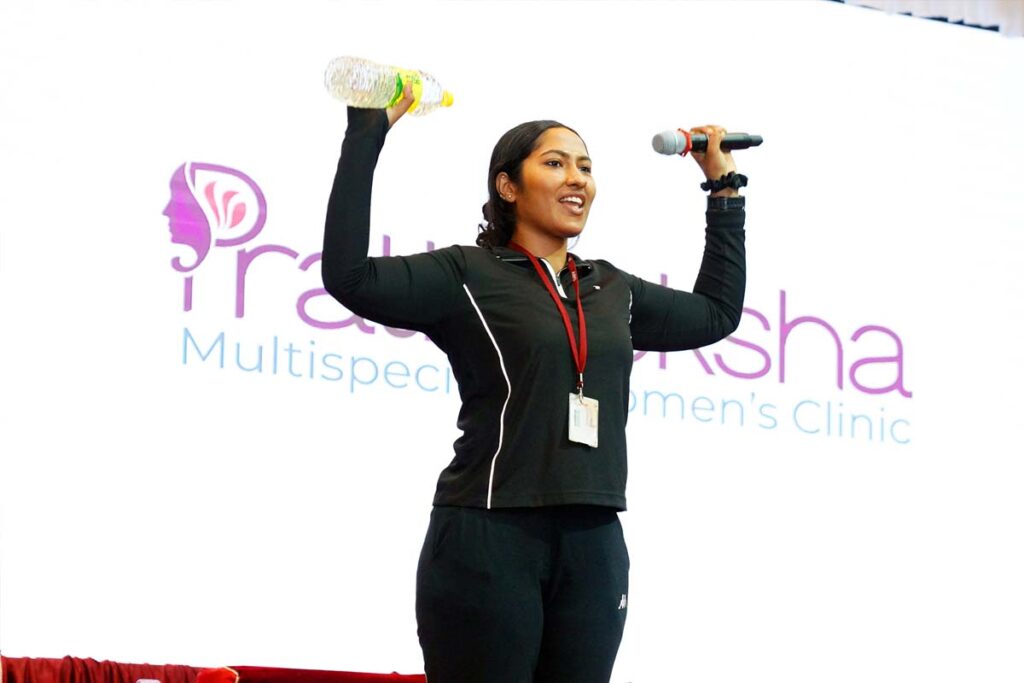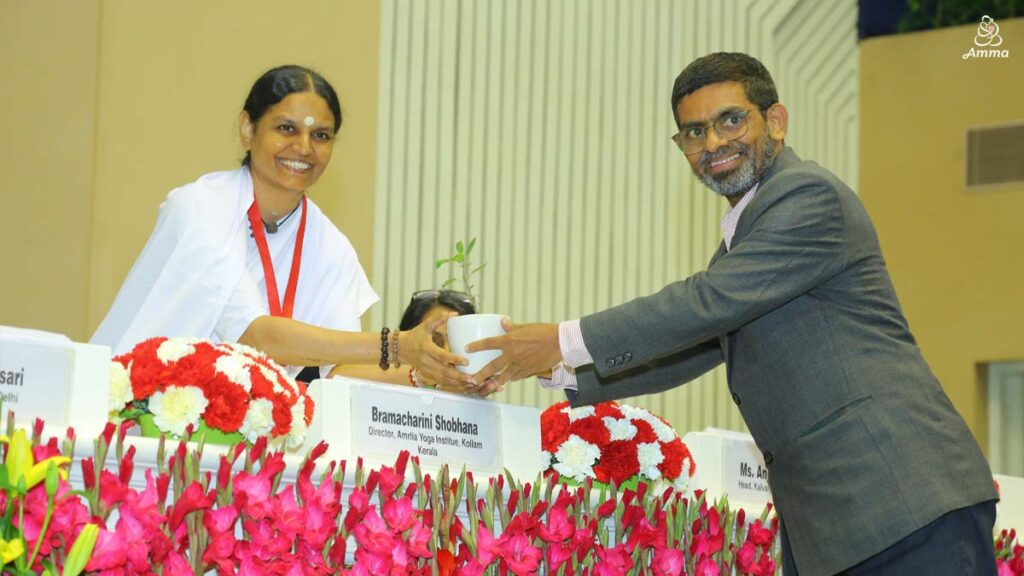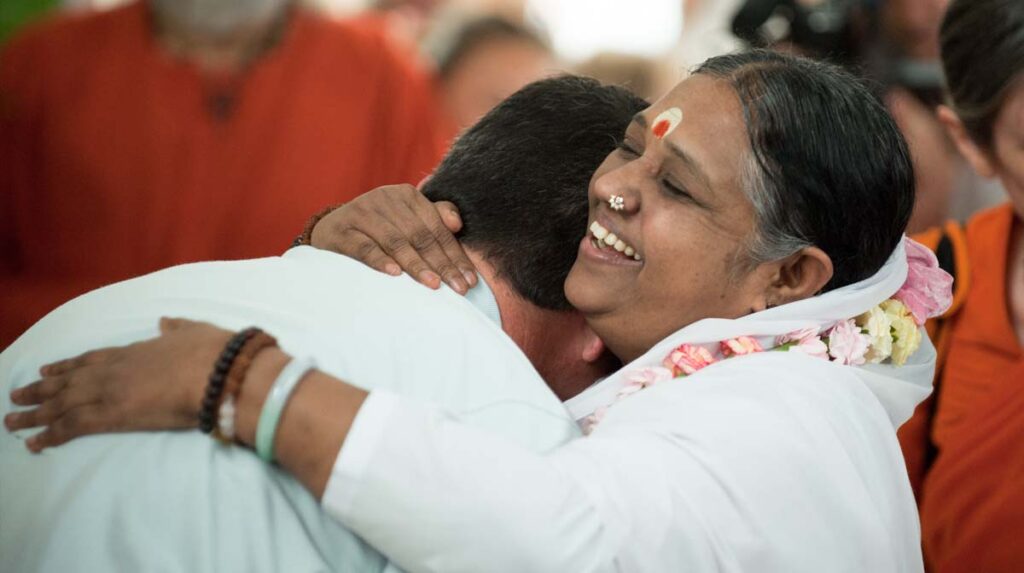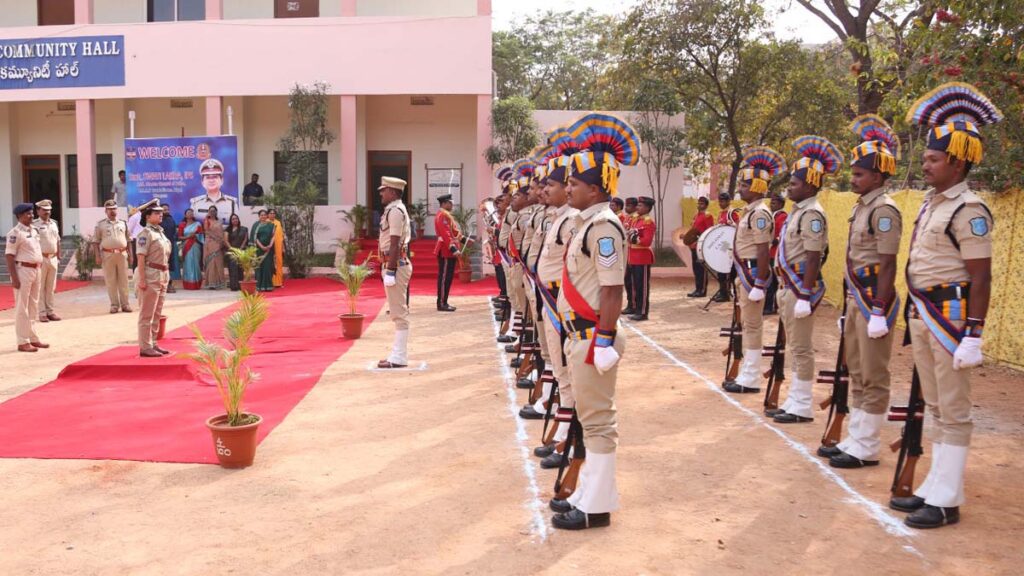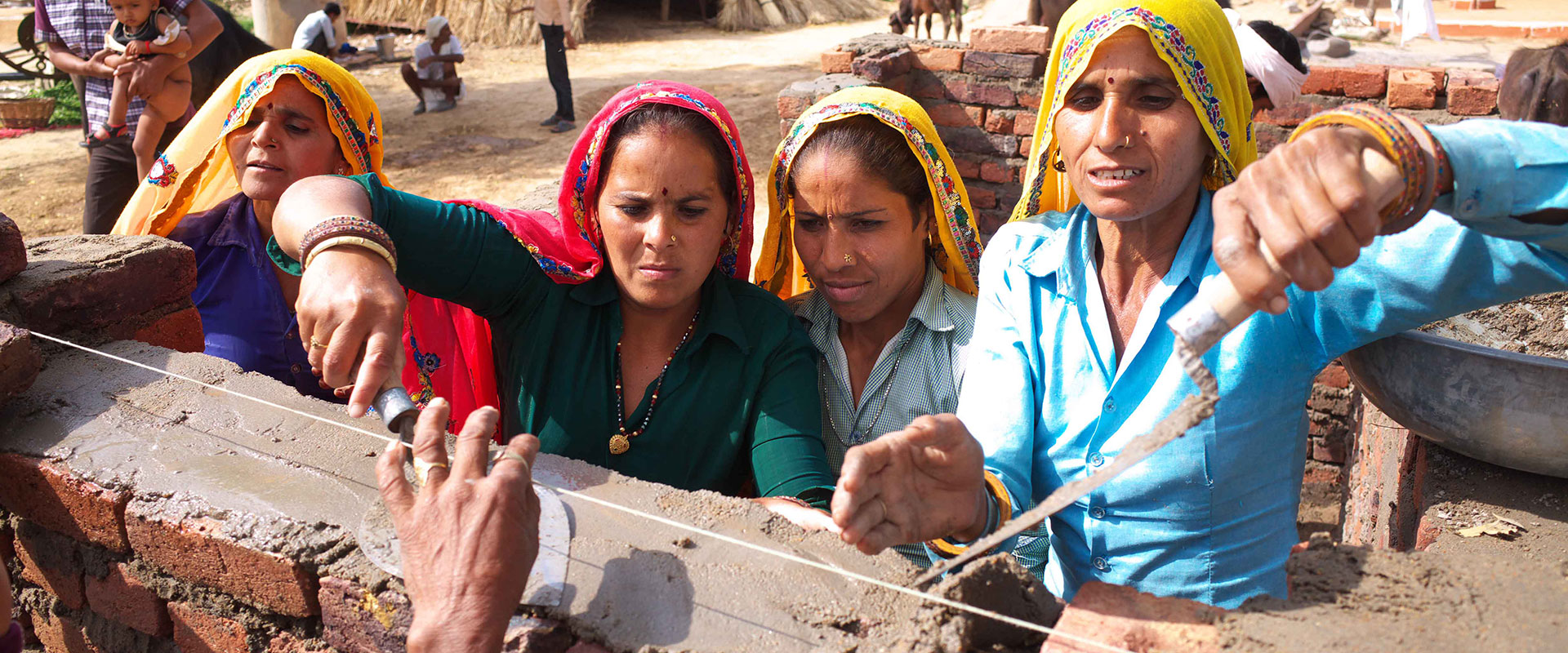
Gender Equality & Women’s Empowerment
After the 2004 tsunami devastated Kerala’s fishing industry, Amma immediately understood that alternate forms of livelihood were necessary.
Women could become proficient in a trade not dependent on the sea. Amma’s vision is a society where there are no barriers to the social, emotional and economic empowerment of women, which further leads to gender equality.
“Men and women are of equal value, like two wings of a bird. For without the two in perfect harmony, humanity cannot progress.”
- Amma
Why it Matters
Women comprise more than half of the world’s population.
They are exponentially more vulnerable to discrimination, violence, climate change, food insecurity, illness, economic disadvantages, and political underrepresentation. Attaining gender equality is the only way to ensure sustainable communities moving forward.
Our Work
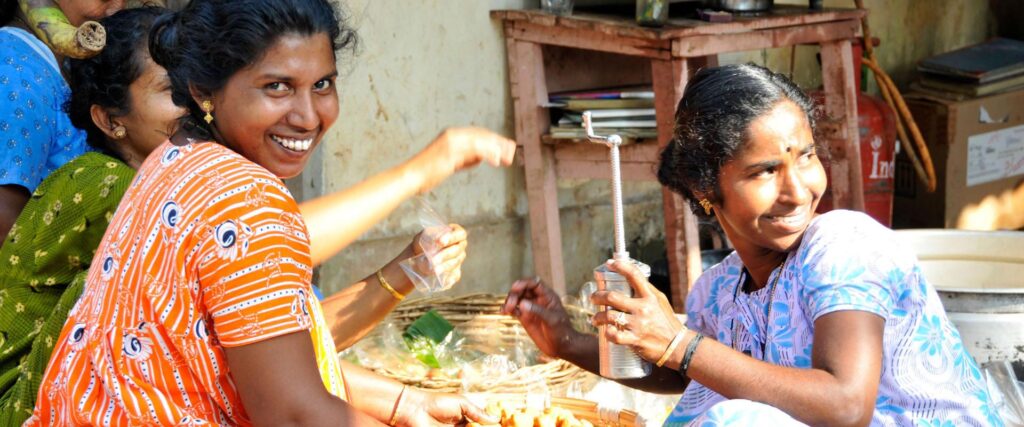
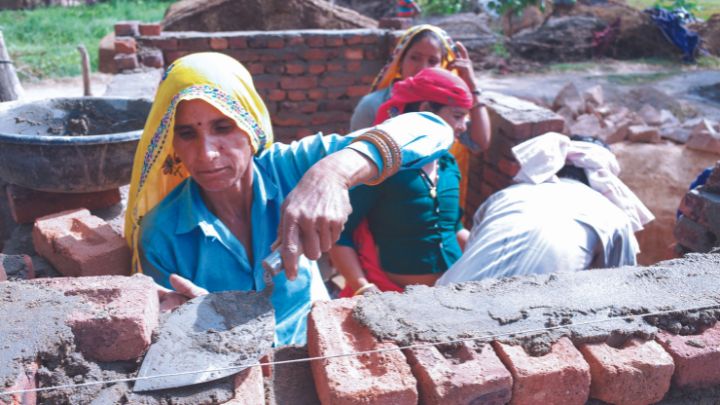
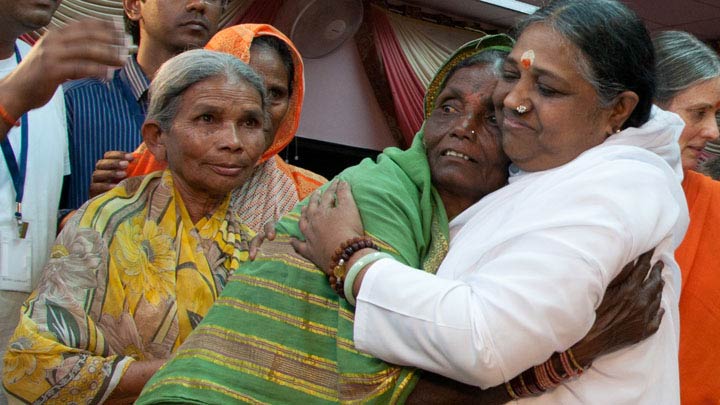
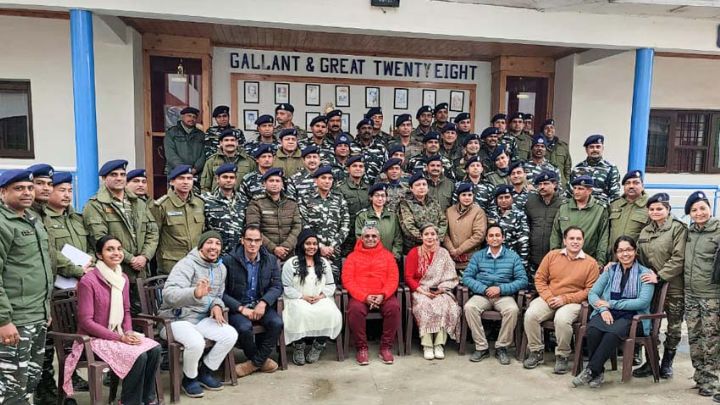
Our Impact
Our Partners
We collaborate with leading humanitarian and environmental institutions worldwide



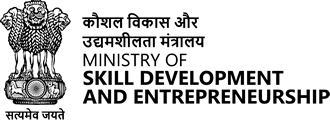
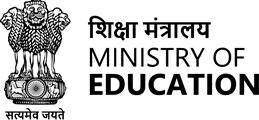

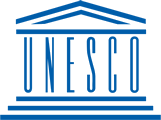




Our Voices
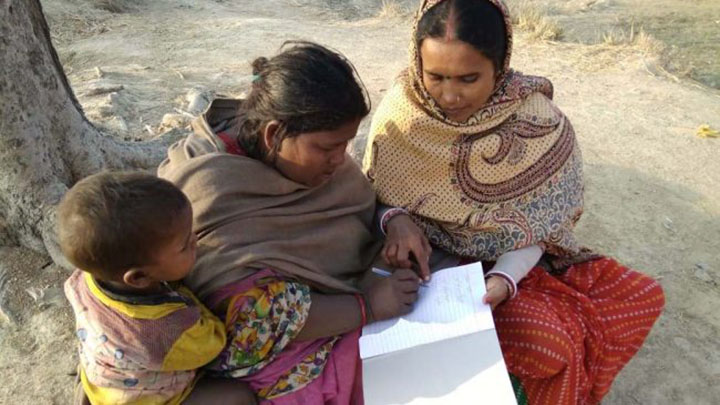
Kanti Devi
A woman from Ratanpur who was taught to write at age 45
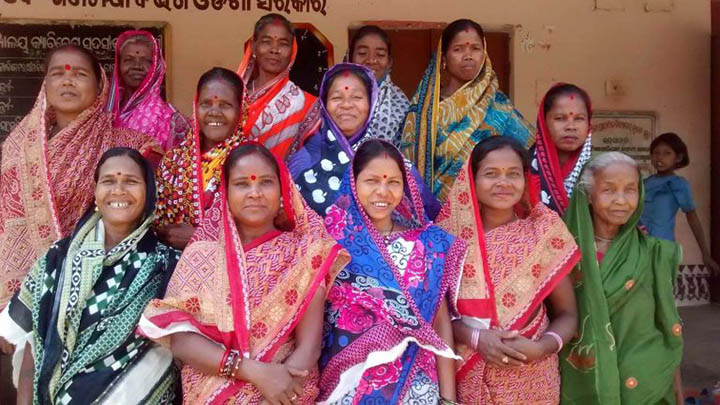
Renuka
A middle-aged woman from Gupatapada, Odisha
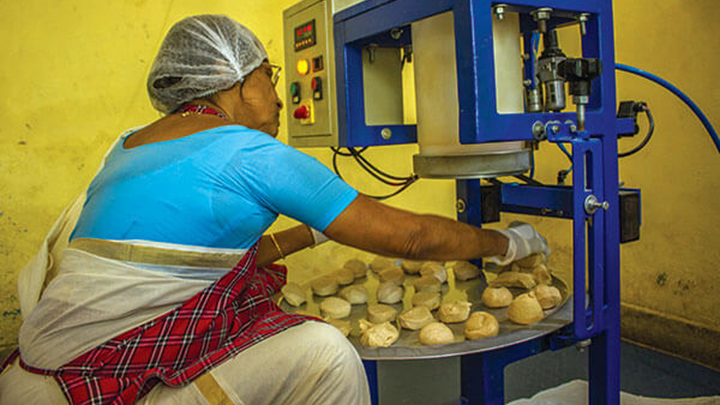
Sreeja
President of the Haripad group
Related News
Get Involved
Volunteer
Donate
Partner with us
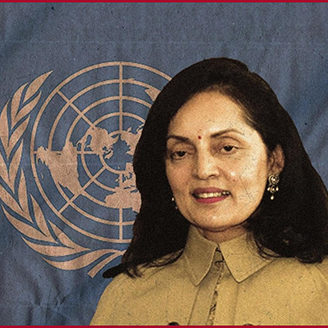
What is truly remarkable is the strategy, where it is proposed to map out vulnerabilities of women and girls at various levels and from different perspectives, and through research, study, training, and an exchange of best practices, to find the best possible solutions, replicable by others. I am confident that Amrita University will make sure that both the ceiling and the floor for women will be raised.
- Dr. Ruchira Kamboj


